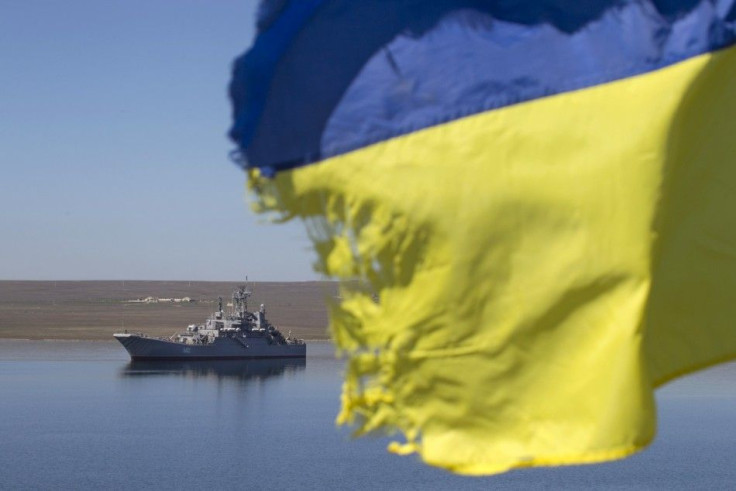Leaders to Receive Travel Sanctions Over Ukraine, Crimea Crisis – New Zealand

About 30 leaders deemed responsible for the crisis in Ukraine and Crimea will be receiving sanctions against travelling in New Zealand, Foreign Affairs Minister Murray McCully announced over the weekend.
The sanctions will apply to specific Russian and Ukrainian individuals, not Crimean separatists, simply because New Zealand does not recognise Crimea, Mr McCully said in a statement.
"New Zealand has made it clear that Russia's actions regarding Ukraine and Crimea are unacceptable," he said.
These people will be barred from obtaining visas to enter the country.
Without identifying names, Mr McCully said the list will remain confidential, but it will be updated on a regular basis.
Earlier, the European Union imposed a travel ban against 33 individuals, while the United States sanctioned travel bans against 31 individuals. The EU likewise froze the assets of the said individuals in EU countries.
Most of those included in the ban list were close aides of Russian President Vladimir Putin.
"Applying sanctions will position New Zealand alongside other members of the International community who have condemned the breach of Ukraine's sovereignty and territorial integrity," Mr McCully said.
"These travel sanctions are a modest and careful step designed to recognize the significance of the situation but leave room for further diplomatic work to take place."
According to the NZ Herald, the Russian foreign minister who visited New Zealand 2012 is not expected to get included in the ban.
"We continue to encourage Russia to behave in a manner consistent with its treaty obligations and the principles of international law, and call on all parties to take immediate steps to reduce tensions," Mr McCully said.





















